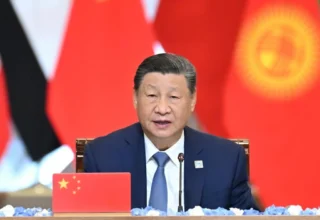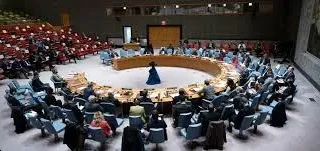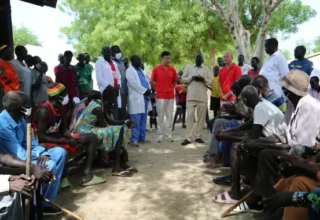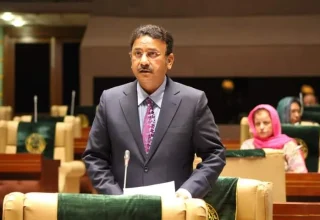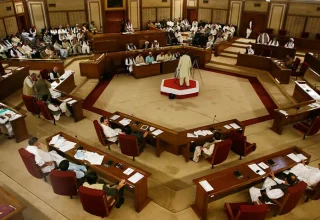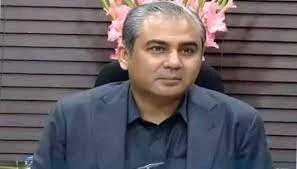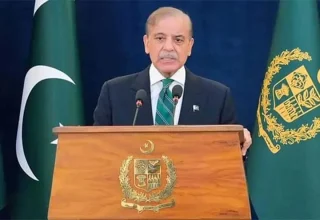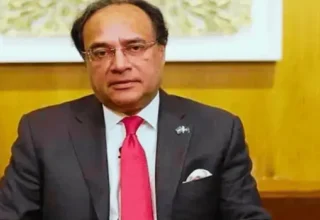
Federal Finance Minister Muhammad Aurangzeb has downplayed the economic fallout of the recent flare-up with India, terming it “minor” and manageable within the country’s current fiscal capacity.
In an interview with the British news agency, the finance minister said Pakistan’s economy remains resilient despite the military tensions along the Line of Control (LoC), which escalated following the April 22 attack in Pahalgam – Indian-occupied Kashmir – in which 26 people were killed. India had blamed Pakistan for the incident without providing evidence, a claim strongly rejected by Islamabad.
“The financial impact of the skirmish is not significant. It can be absorbed within the fiscal space available,” said Mr Aurangzeb, adding that the government remains committed to meeting its defence needs without derailing economic priorities.
However, he declined to comment on a potential increase in defence spending in the upcoming budget, calling such speculation “premature.”
The recent military tensions culminated in Pakistan launching ‘Operation Bunyan-un-Marsus’ on May 10 in response to Indian aggression. The operation reportedly targeted key Indian airbases, including Pathankot and Adampur, as well as a Brahmos missile storage facility and an S-400 missile defence site. According to military sources, Pakistan’s forces also downed five Indian aircraft and struck multiple brigade-level headquarters along the LoC.
A ceasefire agreement was reached shortly after the operation, with US President Donald Trump mediating between the two nuclear-armed neighbours. Mr Trump described trade as a major factor behind the de-escalation and reiterated Washington’s readiness to assist both sides in maintaining peace.
Mr Aurangzeb welcomed the US president’s mediation efforts and expressed optimism regarding bilateral trade talks with Washington. “We are hopeful that trade discussions with the United States will conclude soon,” he said, noting that Pakistan is considering importing high-quality cotton, soybeans, hydrocarbons, and other commodities from the US.
The finance minister also touched on water diplomacy, stressing that India must restore the Indus Waters Treaty, which it had unilaterally suspended. “Water should not be used as a weapon. The Indus River is our economic and agricultural backbone,” he said.
IMF tranche and budget talks
The finance minister confirmed that the International Monetary Fund (IMF) had approved the release of a $1 billion tranche under its $7 billion bailout programme on May 9. He said the funds were expected to arrive in Islamabad by Tuesday. Additionally, the IMF’s executive board has sanctioned a fresh $1.4 billion loan aimed at enhancing Pakistan’s climate resilience.
Mr Aurangzeb further stated that Pakistan’s federal budget for the next fiscal year, starting in July, will be finalised in the next three to four weeks. “Budget negotiations with the IMF are scheduled from May 14 to 23,” he said.
Pakistan is currently facing a 29 per cent tariff on exports to the US due to a $3 billion trade surplus. However, the tariff’s implementation was suspended for 90 days in April, providing a temporary reprieve to exporters.





